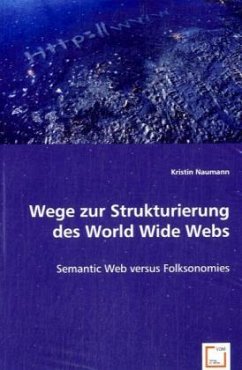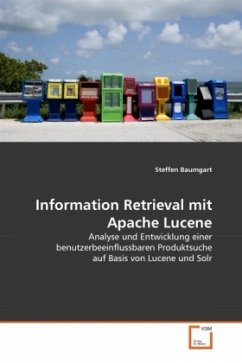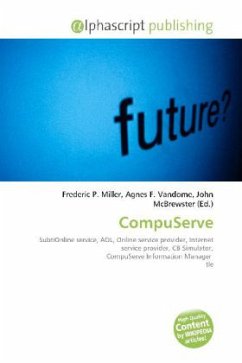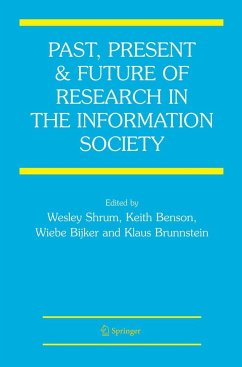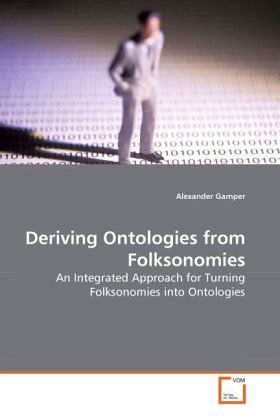
Deriving Ontologies from Folksonomies
An Integrated Approach for Turning Folksonomies into Ontologies
Versandkostenfrei!
Versandfertig in 6-10 Tagen
32,99 €
inkl. MwSt.

PAYBACK Punkte
16 °P sammeln!
This work provides an approach to overcome the limitations of folksonomies, in order to get one step closer to a collaboratively created semantic web. The basic idea of the described techniques is to infer lightweight ontologies from folksonomies by exploiting existing resources of knowledge (e.g. Wordnet and Wikipedia) and by applying several proven algorithmic methods (e.g. similarity measures, clustering, etc.). By defining a preset process-chain, it is shown that data of common social tagging systems can automatically be transformed into lightweight ontologies described in SKOS. In order t...
This work provides an approach to overcome the limitations of folksonomies, in order to get one step closer to a collaboratively created semantic web. The basic idea of the described techniques is to infer lightweight ontologies from folksonomies by exploiting existing resources of knowledge (e.g. Wordnet and Wikipedia) and by applying several proven algorithmic methods (e.g. similarity measures, clustering, etc.). By defining a preset process-chain, it is shown that data of common social tagging systems can automatically be transformed into lightweight ontologies described in SKOS. In order to prove the correctness and useability of this approach, it was implemented in a Java based software. Source code and all needed libraries are available free of charge at: http://sourceforge.net/projects/folk2onto



